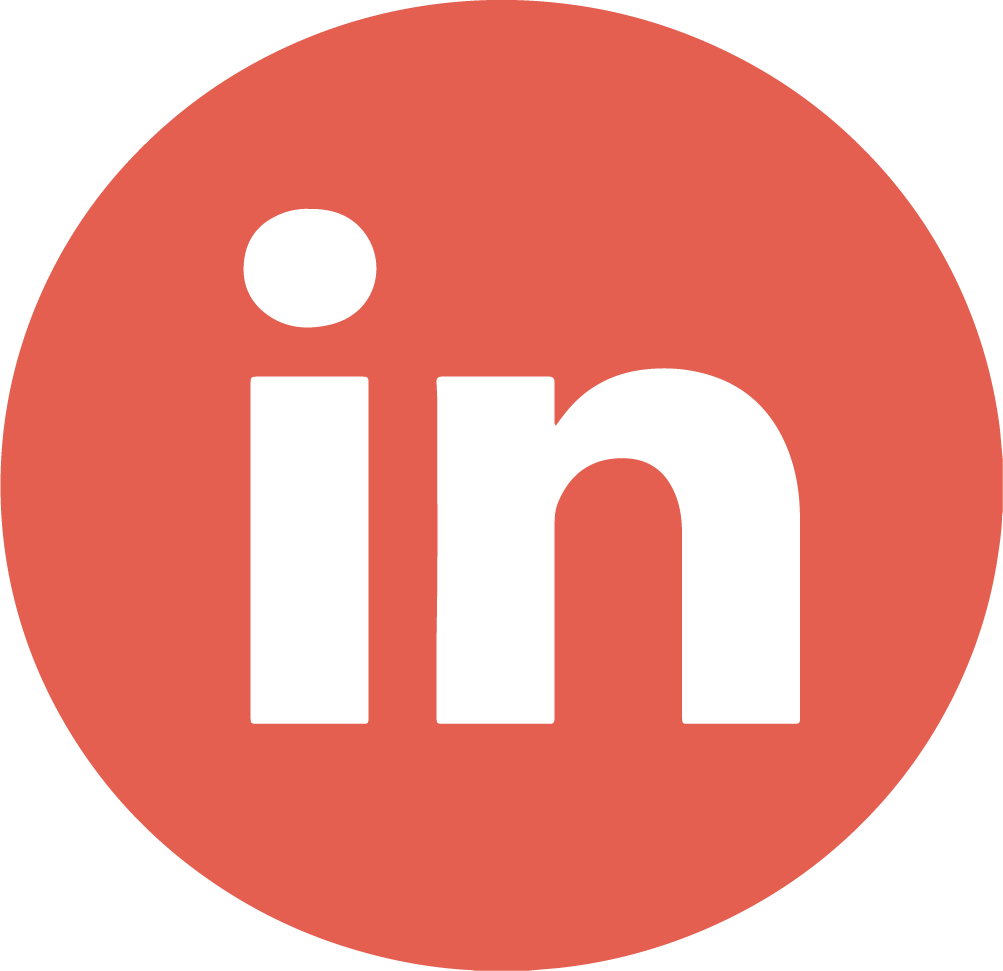In this article, we will be discussing the benefits of using cloud databases in the healthcare landscape. From my experience working in IT at a mental healthcare institute, a lot of them still use on-premise databases. However as the volume and complexity of healthcare data continue to grow exponentially, traditional on-premise databases are struggling to keep up with the demands of scalability, flexibility, and security. This is where cloud databases like Snowflake get involved.

Scalability and Flexibility: Meeting Fluctuating Demands
Healthcare organizations experience fluctuations in data volume due to various factors, including seasonal variations, patient influxes, or new research initiatives. Traditional on-premise databases may struggle to keep up with these increases in data volume, which will lead to performance issues and worst case downtime.
Cloud databases, such as Snowflake, offer virtually limitless scalability, thus enabling healthcare companies to seamlessly scale up or down their computing resources based on demand. Whether it’s about storing electronic health records (EHRs), imaging data, or genomic sequences, Snowflake can effortlessly handle these massive datasets without compromising performance and minimizing downtime. In this article provided by Snowflake themselves, in October 2023, they displayed their reports during 2022.
Moreover, the flexibility inherent in cloud databases allows healthcare organizations to adapt quickly to changing requirements in the field. Whether deploying new applications, integrating IoT devices, or incorporating data from external sources, Snowflake provides the agility needed to innovate and stay ahead in a dynamic healthcare landscape.
Cost-Efficiency: Optimizing Resources
Cost-effectiveness is another significant consideration for healthcare organizations, their main goal is of course to provide the highest quality of care for their patients. Traditional on-premises data centers entail significant upfront investments in hardware, infrastructure maintenance, and manpower. Additionally, scaling up often requires substantial capital expenditure, leading to underutilized resources during periods where demand is low, due to the various factors.
Cloud databases operate on a pay-as-you-go model, eliminating the need for large upfront investments. With Snowflake, healthcare organizations only pay for the resources they use, allowing cost optimization and improved budgetary control. Furthermore, cloud databases alleviate the burden of hardware acquisition, maintenance, and upgrades, freeing up financial resources that can be reinvested into core healthcare initiatives. Which is what matters most of all.
Enhanced Security and Compliance: Protecting Patient Data
Maybe the most important thing of all, keeping patients’ data safe. In the Netherlands, 41% of the data leaks are from the healthcare sector. It’s the leading sector in data leaks. Because patients’ data is valuable for cybercriminals. A decent medical record could be sold from 50 to 500 dollars, depending on the completeness. Cloud databases like Snowflake adhere to industry-leading security standards, employing robust encryption, access controls, and multi-layered security protocols to safeguard data integrity and confidentiality.
Snowflake’s built-in security features, such as role-based access control (RBAC) and data masking, ensure that only authorized personnel can access sensitive healthcare information. Moreover, Snowflake’s compliance certifications, including HIPAA, HITRUST, and GDPR, assure healthcare companies that their data management practices align with regulatory mandates.
Healthcare institutions looking to make use of Snowflake would probably be best advised to take the Business Critical or VPS edition. These versions provide security features as listed above and even more. More about the differences between the 4 available versions can be found here!
Real-Time Analytics and Insights: Driving Informed Decision-Making
In the era of value-based care and precision medicine, data analytics plays a pivotal role in driving clinical decision-making, optimizing operations, and improving patient outcomes. Cloud databases like Snowflake empower healthcare organizations with real-time analytics capabilities, enabling them to derive actionable insights from vast amounts of structured and unstructured data.
By leveraging Snowflake’s powerful data warehousing and analytics capabilities, healthcare organizations can perform complex queries, predictive modeling, and machine learning algorithms in near real-time. Whether it’s analyzing patient demographics, identifying trends in disease prevalence, or predicting readmission rates, Snowflake enables healthcare professionals to extract valuable insights that drive evidence-based practices and improve overall healthcare delivery.
Collaboration and Interoperability: Fostering Connectivity
In today’s interconnected healthcare ecosystem, collaboration and interoperability are essential for delivering coordinated care and improving patient outcomes. Cloud databases like Snowflake facilitate seamless data sharing and collaboration among healthcare stakeholders, including providers, payers, researchers, and patients.
With Snowflake’s data-sharing capabilities, healthcare organizations can securely share anonymized datasets with external partners, fostering collaboration in research, population health management, and clinical trials. Furthermore, Snowflake’s support for open standards and APIs enables seamless integration with third-party applications, medical devices, and IoT platforms, facilitating interoperability across disparate healthcare systems.
Conclusion: Embracing the Future of Healthcare Data Management
To conclude, integrating cloud databases such as Snowflake signifies a transformative leap in healthcare data management, providing unparalleled scalability, flexibility, security, and analytical prowess. By migrating to the cloud, healthcare organizations can unlock new opportunities for innovation, collaboration, and value creation, ultimately driving improvements in patient care, operational efficiency, and clinical outcomes. As the healthcare industry continues to embrace digital transformation, cloud databases will undoubtedly play a pivotal role in shaping the future of healthcare delivery and management.





